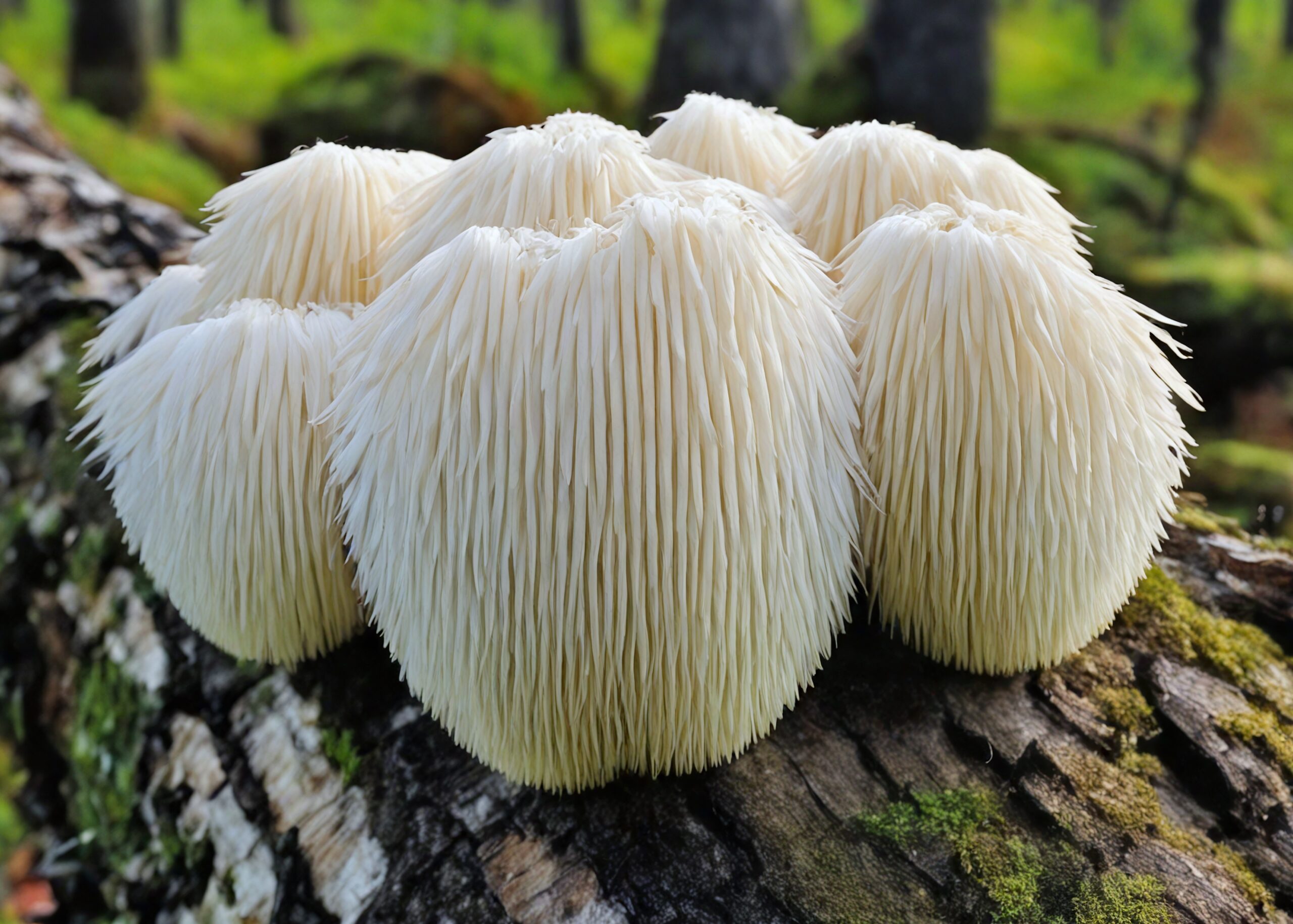Lion’s mane mushrooms are quietly revolutionizing natural health approaches while the wellness industry races ahead of scientific consensus.
Story Overview
- Lion’s mane contains unique bioactive compounds with potential mood-balancing and cognitive benefits not found in other foods
- Recent human studies show reduced stress after 28 days but regulatory agencies haven’t approved any products for disease treatment
- Supplement manufacturers are capitalizing on growing consumer demand despite limited large-scale human trials
- Traditional Chinese medicine has used these mushrooms for centuries, but Western scientific validation remains incomplete
Ancient Wisdom Meets Modern Science
Lion’s mane mushrooms have served traditional Chinese medicine for centuries, targeting brain health and longevity. Western researchers only began systematic studies in the early 2000s, identifying neuroprotective and anti-inflammatory properties through laboratory and animal research. The 2010s marked the beginning of small-scale human trials focusing on cognitive function and mood enhancement. This delayed scientific attention reflects the broader skepticism toward natural remedies that conservatives often criticize in establishment medical circles.
This Functional Mushroom Has Some Impressive Mood-Balancing Benefits https://t.co/SYB3owdCG4
— Consciousness Intervention (@CSIntervention) August 14, 2025
Promising Research Emerges Despite Limited Human Data
Recent studies from 2022-2024 reveal encouraging findings for mood regulation and cognitive function. A 2022 animal study demonstrated antidepressant-like effects, while a 2023 human study showed reduced stress after 28 days of supplementation. Laboratory research confirms anti-inflammatory effects and antioxidant properties that may minimize cellular damage. However, health professionals consistently emphasize that most evidence stems from animal studies, with human research remaining preliminary and inconclusive for therapeutic claims.
Market Growth Outpaces Scientific Consensus
The supplement industry has aggressively marketed lion’s mane products, capitalizing on consumer demand for natural health solutions. This represents a familiar pattern where commercial interests advance faster than regulatory oversight—a concern that resonates with those who value evidence-based decision-making over marketing hype. The FDA has not approved any lion’s mane products for disease treatment, yet manufacturers continue expanding product lines and making bold health claims that may mislead consumers seeking genuine therapeutic benefits.
Individual Liberty Versus Consumer Protection
This situation exemplifies the tension between personal freedom to choose natural remedies and the need for consumer protection against unsubstantiated claims. The current landscape allows consumers to access lion’s mane supplements while researchers continue investigating their potential, embodying the free-market approach where consumer demand drives innovation ahead of government approval processes.
Moving forward, consumers must navigate between promising preliminary research and the reality that definitive therapeutic benefits remain unproven. The growing body of evidence suggests lion’s mane deserves continued scientific attention, but individuals should approach supplement claims with healthy skepticism while maintaining their right to make personal health decisions based on available information.
Sources:
Lion’s Mane Mushroom: Health Benefits and Side Effects – Healthline
Lion’s mane mushrooms: Benefits and side effects – Medical News Today
What Are the Health Benefits of Lion’s Mane Mushrooms? – WebMD
Lion’s Mane Mushrooms Benefits – Cleveland Clinic
9 Health Benefits of Lion’s Mane Mushroom and Side Effects – Vinmec













